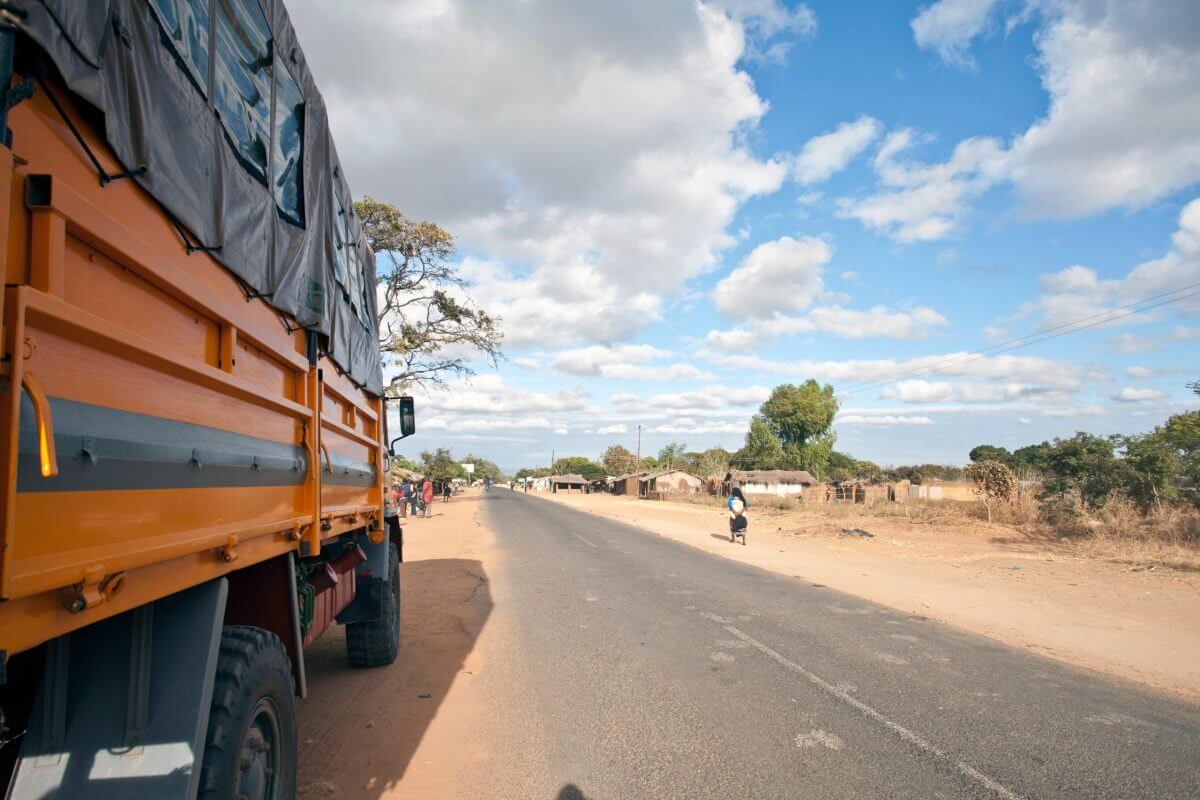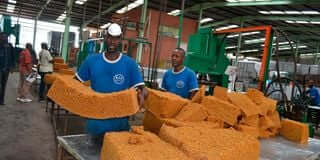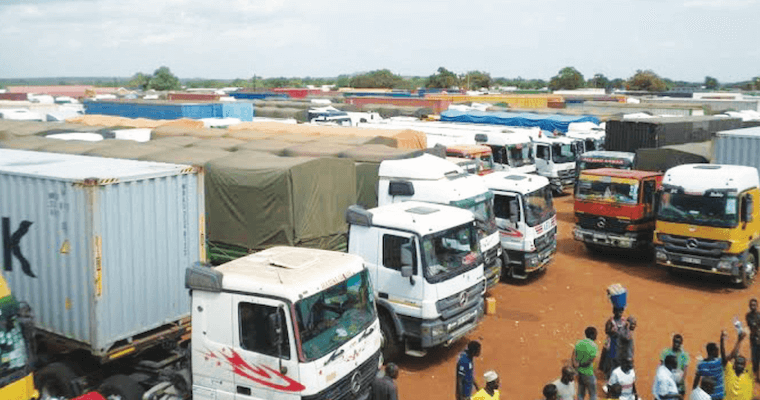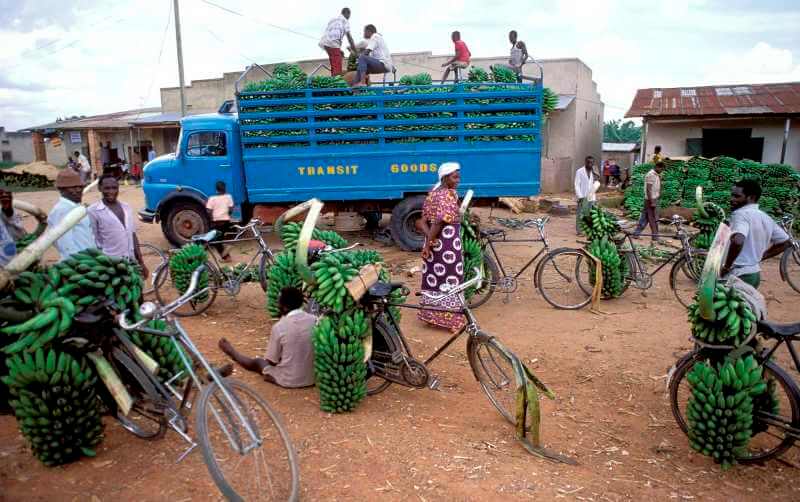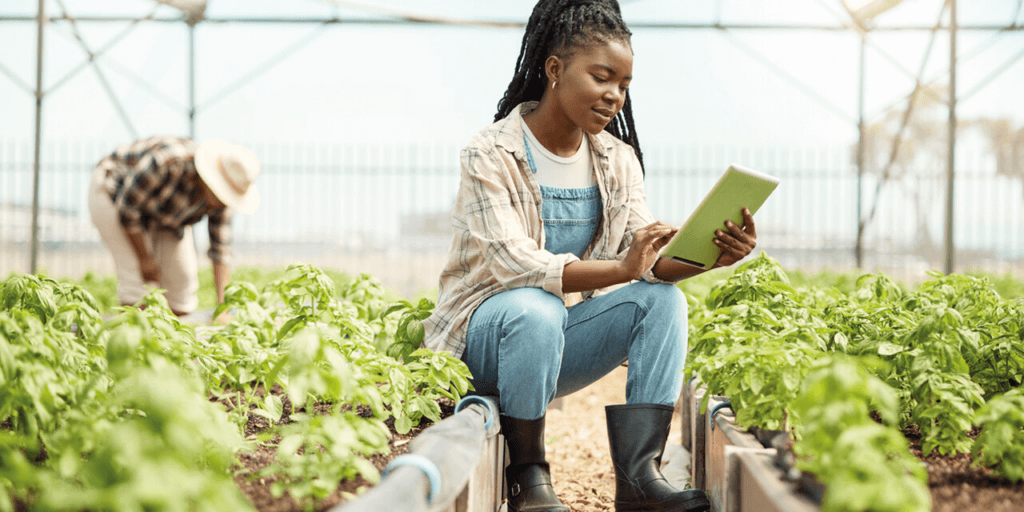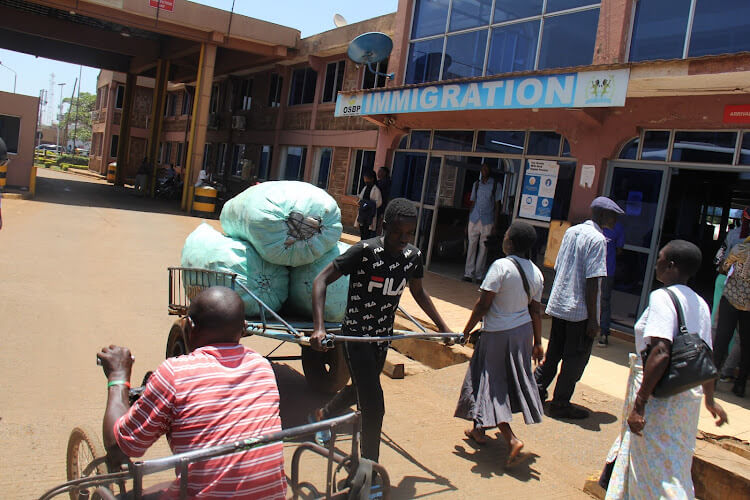By providing the framework to establish robust regional value chains, the African Continental Free Trade Area will help to develop the continent's industry and agriculture and drive prosperity. The establishment of the African Continental Free Trade Area (AfCFTA) has been hailed, rightly, as having the potential to very considerably alter the continent’s fortunes for the better. A good deal of this conviction is based on the AfCFTA’s principal mandate which is to forge regional value chains (RVCs). Likewise, just as the AfCFTA fosters the establishment and consolidation of RVCs, so do strong RVCs provide the web of interconnected cogs and springs that keep the AfCFTA going deeper and further. The AfCFTA and RVCs are mutually reinforcing factors in the pursuit of Africa’s integration and development agenda. African economies have been characterised by a heavy reliance on the export of raw materials, often failing to capture the full value of these resources. This traditional export model not only limits economic diversification but also perpetuates vulnerability to external shocks. The AfCFTA offers a unique chance to reverse this trend by fostering intra-regional trade and encouraging the creation of RVCs. The development of RVCs involves a multi-step process that encompasses various stages of production within a region, from raw material extraction and processing to production of intermediate goods, to final product assembly. Read original article
Regional value chains are key to Africa’s prosperity
Posted on: September 28, 2023
Posted on: September 28, 2023

